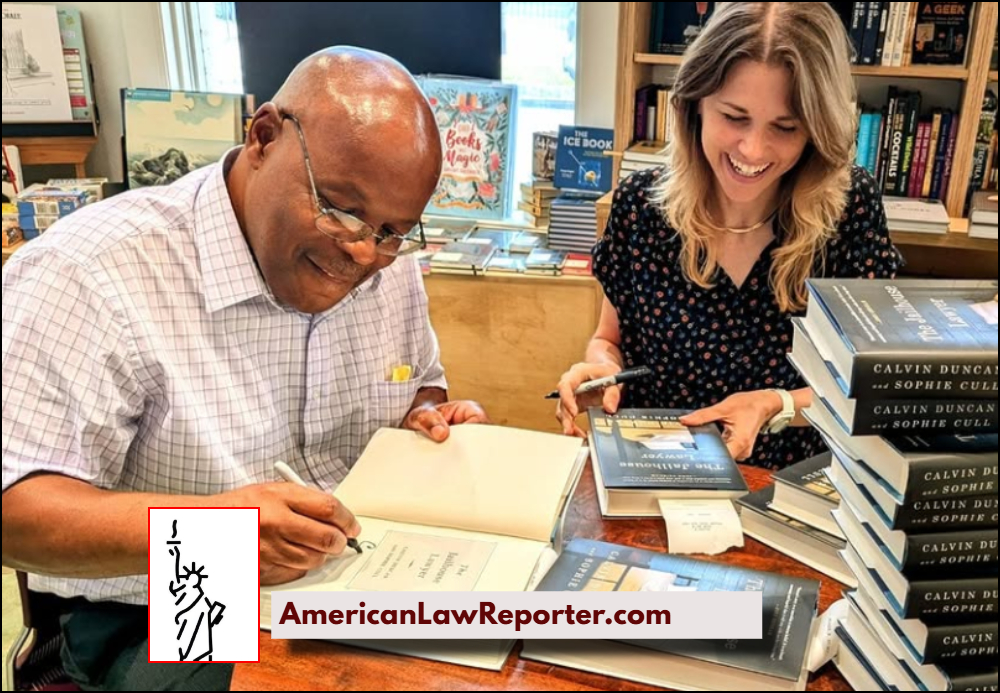When Calvin Duncan walked out of the Louisiana State Penitentiary in 2011 after nearly three decades behind bars for a crime he did not commit, the state handed him a $10 release check. That was all. No reparations. No apology beyond a judge’s words.
But for Duncan, now 62, freedom was only the beginning of a remarkable legal journey — one that has transformed him from a wrongfully convicted inmate into a lawyer and tireless advocate for the incarcerated.
A Broken System From the Start
Duncan was just 19 years old in 1982 when New Orleans police arrested him for a murder-robbery. Despite unreliable eyewitness testimony and what he describes as a minimal defense, a jury convicted him, and he was sentenced to life in prison.
With no right to legal counsel once his conviction was upheld, Duncan turned to the prison’s Inmate Counsel Substitute Program, training himself in the law.
Inside Angola, he became a “jailhouse lawyer,” working on hundreds of cases and helping other men — guilty and innocent alike — fight for fair trials.
“There are guys that committed their crimes. There are guys that didn’t,” Duncan has said. “As jailhouse lawyers, we provided assistance to everybody that was not afforded a fair trial.”
Freedom After 28 Years

Zack Smith Photography/Penguin Random House
For years, Duncan filed appeals in his own case, finally securing his release with the help of the Innocence Project New Orleans. In 2011, after 28 years behind bars, his conviction was overturned and he walked free.
But Louisiana’s wrongful conviction compensation law, which provides up to $400,000 for exonerees, offered him nothing. Duncan applied but was denied. Instead, he left prison with just a $10 check — a symbol of what he calls the state’s indifference to stolen lives.
From Jailhouse Lawyer to Attorney
Determined to build a future beyond survival, Duncan enrolled at Tulane University, earning a bachelor’s degree. Then, in 2024, he graduated from Lewis & Clark Law School in Oregon at the age of 60.
Today, Duncan is the founder and director of the Light of Justice Program, a New Orleans-based nonprofit dedicated to expanding access to the courts for people who remain incarcerated.
His new memoir, The Jailhouse Lawyer (co-authored with Sophie Cull), recounts his fight for freedom and the broader failures of America’s criminal justice system.
No Reparations, But a Lasting Impact
Despite the absence of reparations, Duncan has refused to let bitterness define him. Instead, he has built a legal career dedicated to systemic change. His story, lawyers and advocates say, highlights the urgent need for reform in how the justice system treats wrongful convictions, legal access for indigent prisoners, and compensation for the wrongly imprisoned.
What began with a wrongful conviction and a $10 check has now become a legacy of legal advocacy — one that Duncan insists is only just beginning.

